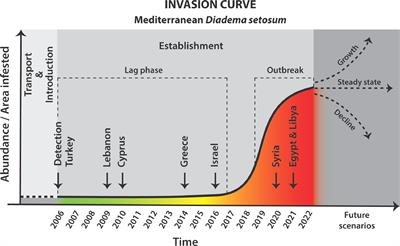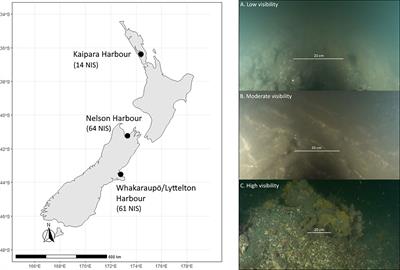COMMUNITY CASE STUDY
Published on 21 Aug 2023
Risk assessment of Golani’s round herring (Etrumeus golanii) in the Greek seas (northeastern Mediterranean Sea)

doi 10.3389/fmars.2023.1220318
- 1,124 views
2,631
Total downloads
15k
Total views and downloads
COMMUNITY CASE STUDY
Published on 21 Aug 2023

ORIGINAL RESEARCH
Published on 31 May 2023

ORIGINAL RESEARCH
Published on 14 Mar 2023

ORIGINAL RESEARCH
Published on 18 Mar 2021
